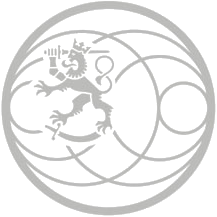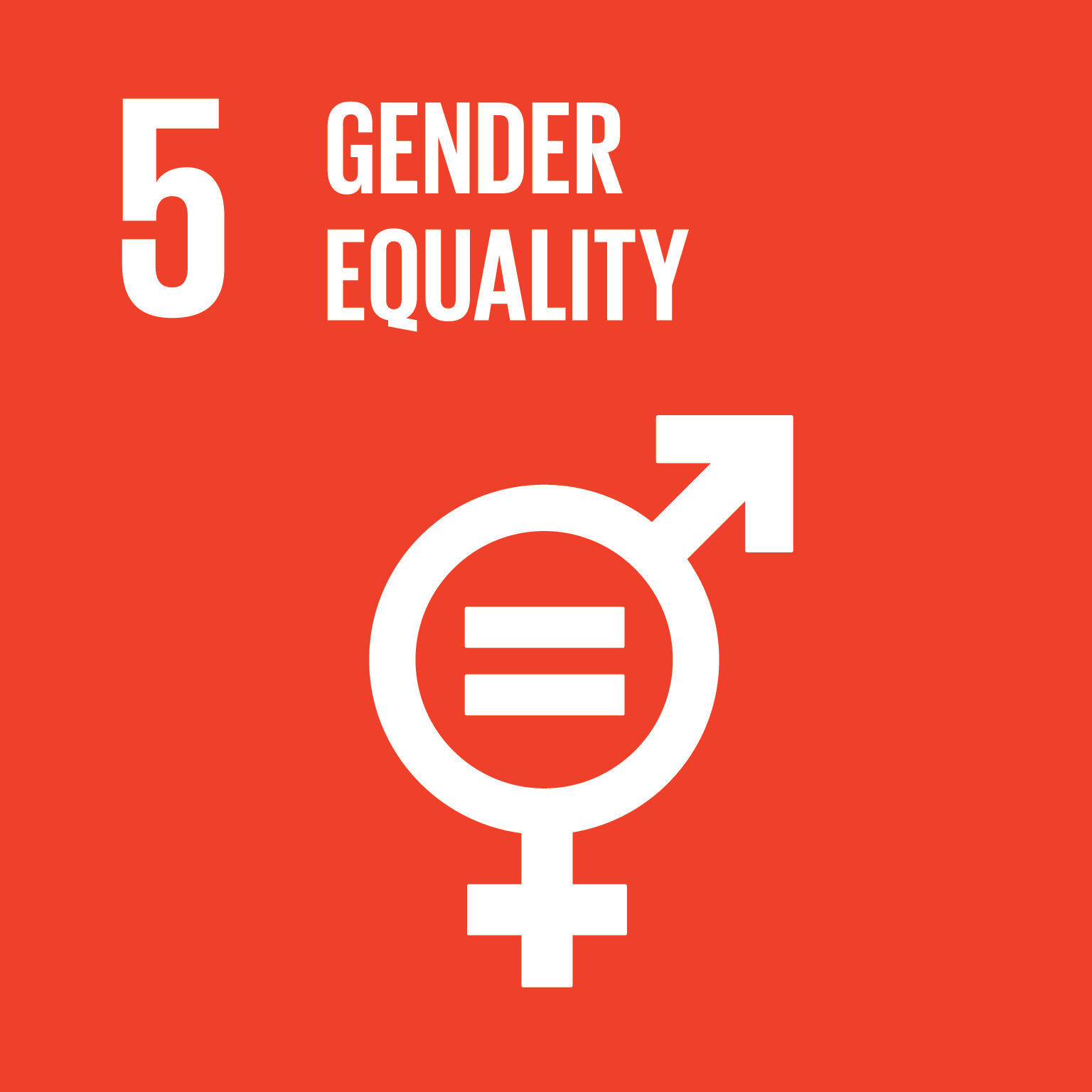Global situation
The status and rights of women and girls have improved over the
last few decades. Girls start school almost as often as boys, maternal mortality has declined and women’s opportunities to participate in decision-making have increased.
What has been achieved with Finnish support?
With Finnish support, women have become more actively involved in decision-making, economy and labour market. Finland’s support has empowered women to make decisions concerning their own bodies.
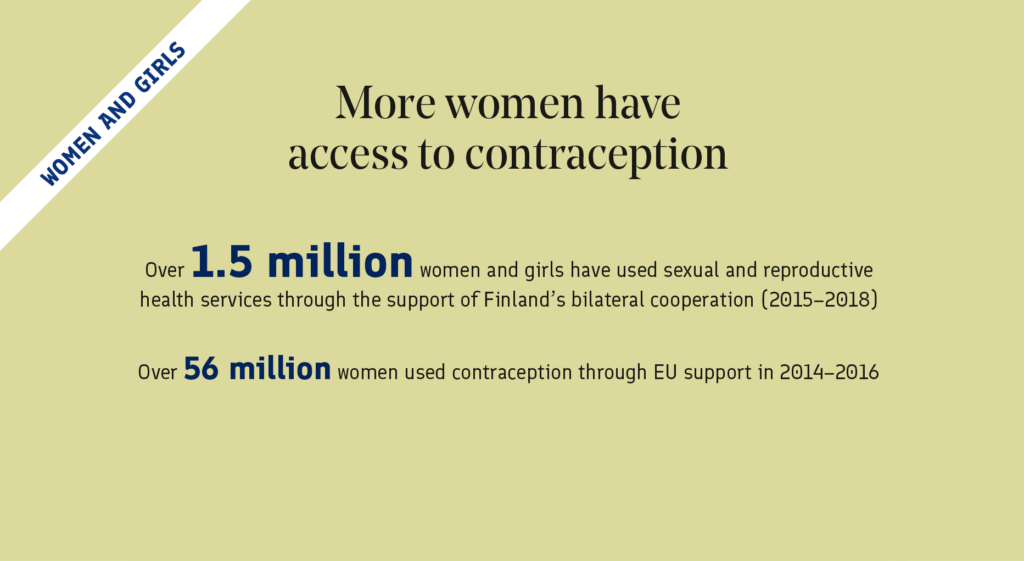
1. More people are using contraception in Afghanistan
About 3.7 million people in Afghanistan benefited from family planning services through Marie Stopes International
between 2002 and 2017. The organisation is supported by Finland.
Contraception is a taboo in Afghanistan. For this reason, the approach adopted by Marie Stopes is crucial. Once religious
leaders and their wives had agreed to join the scheme, the organisation was also able to offer the services to other people. The clinics have men-only days, when such matters as sexually transmitted diseases, impotence and infertility are dealt with.
Condoms are distributed in many mosques. The services are supplemented by mobile clinics and a telephone hotline.
2. Somalis living in Finland are training people to safe childbirths
The maternity and childbirth wards in the Hargeisa hospital in Somalia established with the support provided by Finland and the International Organization for Migration(IOM) have saved the lives of many newborn babies. Infant mortality decreased from 24 to five per cent between 2014 and 2017.
Doctors and nurses belonging to the Somali community in Finland have acted as initiators and instructors in the project for ten years. A total of 700 health workers in Somalia have received training under the scheme. Dialysis and intensive careunits as well as a dental clinic have also been opened in the hospital.
Seven permanent and two mobile clinics operating in Somalia have received support through the Finnish Red Cross. A total of 66,600 patients received care in 2017. About 42 per cent of them were aged five years or under, while 62 per cent were women and girls.
3. Wanted pregnancies with the support of UNFPA in 2014-2017
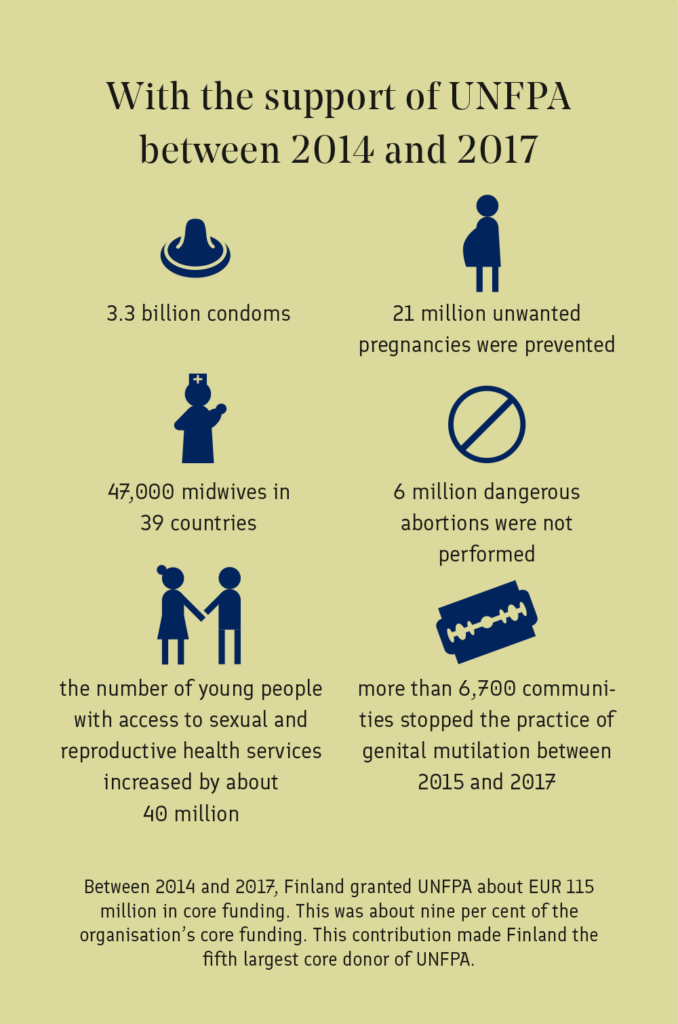
4. Improvements made in the Nepalese legislation protecting women
For many years, Nepal has worked hard to become a stable democracy. However, the status of women in the country remains weak. Female human right defenders are in great danger, both on account of their gender and their work.
Violence and even murders are commonplace.
The KIOS Foundation has granted funding to the WOREC
organisation and the network of female human rights
defenders that it has established. More than 7,000 people have been provided with information on women’s rights. Media campaigns have also reached thousands of people. As a result of tireless campaigning by the network, an article on women’s rights has now been incorporated in the Nepal’s Constitution.
As a result of the efforts by women defending human rights, the legislation on domestic violence and rape has also been enhanced.
5. Women’s status improved with the support of UN Women
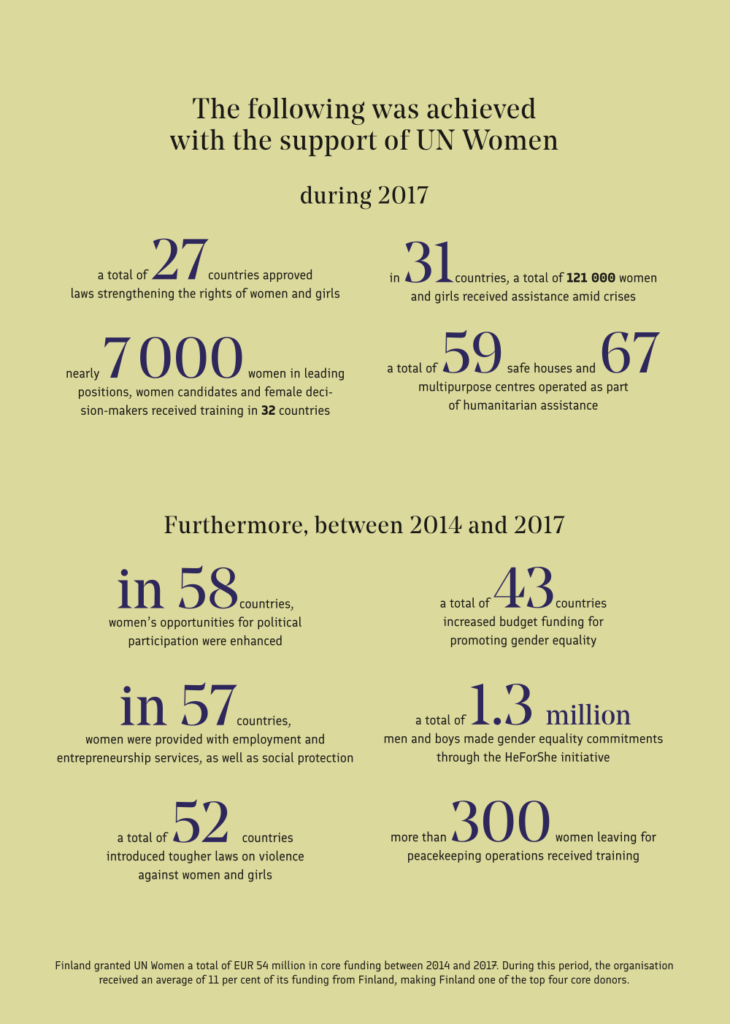
6. Working outside home enhanced independence and gender equality
Between 2014 and 2016, Finland provided funding for three women’s centres in Za’atari, the largest refugee camp in Jordan. The purpose of the centres was to provide vocational education, income and legal aid to women in the most vulnerable position, many of whom were single mothers. More than 10,000 women benefited from these services.
For example, the women sewed clothes for babies born in the camp and many of the items were similar to those contained in the Finnish maternity package. About 91 per cent of the participants were of the view that the project had enhanced their self-esteem and made them more independent. Domestic violence against women declined by 20 per cent during the project.
Next section: Economy and jobs >
Read more:
Finland’s development policy and development cooperation are based on
the 2030 Agenda for Sustainable Development. The women and girls -priority contributes especially to the goal number five.
